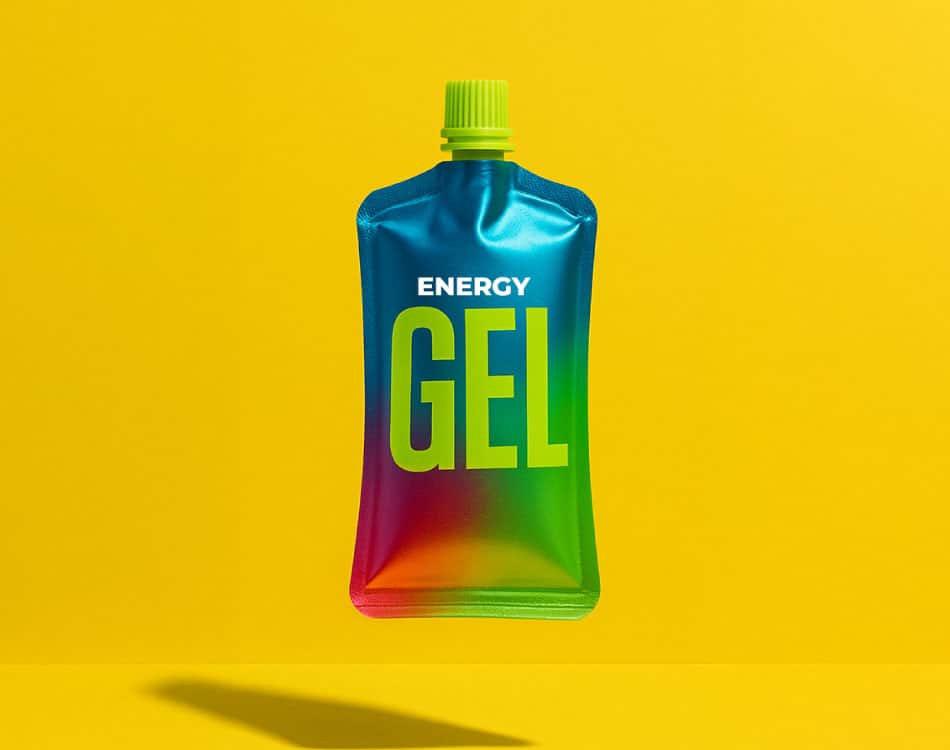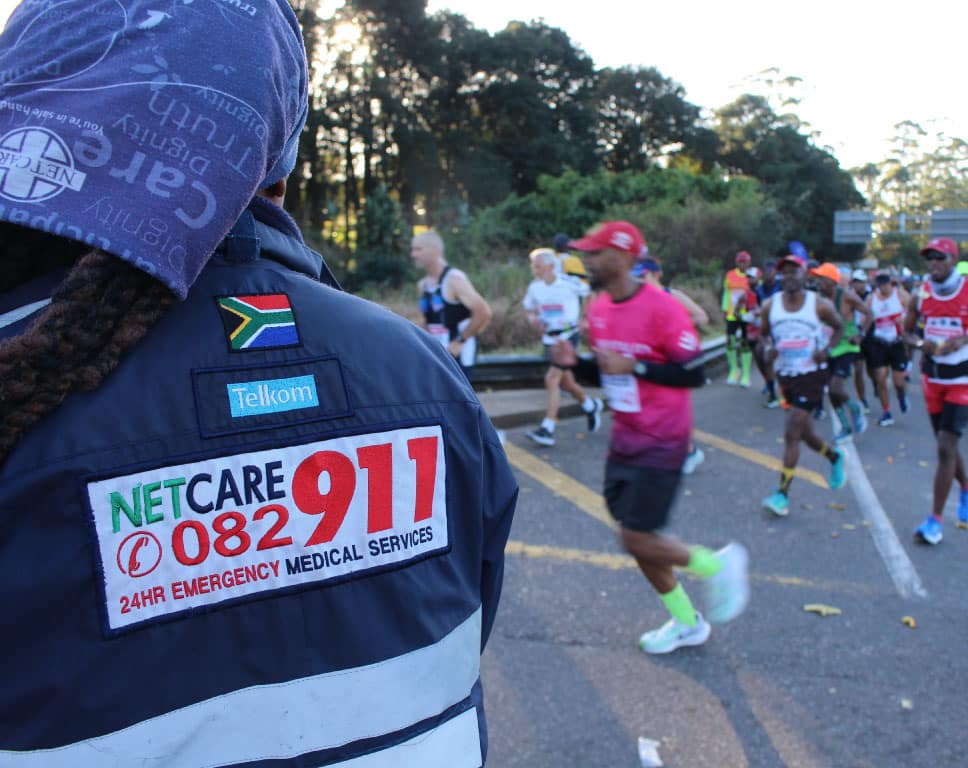A popular saying among serious endurance athletes states: “today’s performance is only as good as yesterday’s recovery”. And a key component of any recovery plan is optimal nutrition.
While a balanced diet that consists predominantly of whole foods should form the cornerstone of every recovery plan, the right combination of well-formulated supplements taken at the appropriate time can boost your efforts.
READ MORE | Don’t skimp on recovery, it’s vital for peak sporting performance
A holistic approach
As far as recovery is concerned, athletes generally focus on post-exercise supplementation, with the aim of boosting muscle repair during the so-called “window of opportunity” – those 30-90 minutes after exercise when our insulin sensitivity peaks.
During this window, our body shuttles ingested carbs (glucose) and protein (amino acids) into highly receptive muscle cells to boost recovery. While this is definitely important, post-exercise supplementation is just one aspect of a holistic recovery approach.
Today, we know that athletes who consider their nutritional needs before, during and after training and racing, with a focus on pre-, intra- and post-workout supplementation, generally experience better recovery and, therefore, optimise their performance.
READ MORE | Pre-load, re-load and recover: 4 supplements to power up your workouts
All topped up
While pre-workout nutrition is vital to race-day performance, it’s often neglected in the context of optimal recovery.
Making sure that your body is properly fuelled before a hard training session or race can also limit muscle damage and reduce your recovery requirements.
Topped up glycogen stores, for instance, ensure that you don’t create an energy deficit by completely depleting glycogen stores.
In this regard, high-molecular-weight carbohydrates (HMW) can effectively boost muscle and liver glycogen levels, while also providing circulating glucose for the pending session.
A 2016 study affirmed that the ingestion of a unique HMW carbohydrate was “found to increase glycogen re-synthesis rate and enhance work output during subsequent endurance exercise, relative to low molecular weight (LMW) carbohydrates.”
Vitargo is one option. This patented ingredient has an extremely high molecular weight and, therefore, passes through the digestive system quickly, reducing the risk of stomach cramps or other tummy troubles.
This makes Vitargo-based supplements an effective means to restore energy levels when compared to common simple carbs. Vitargo’s attributes also make it an ideal compound for use during exercise to keep the body fuelled.
READ MORE | Power up your session with intra-workout supplements
Limit the damage
Protein consumed before and during exercise can also help to limit muscle damage and, therefore, reduce recovery requirements after training.
This is achieved by providing a circulating source of readily available amino acids. Essential amino acids (EAAs), for example, play important roles in protein synthesis and energy production.
Consuming EAAs before and during a workout have been shown to spare and preserve both muscle and glycogen stores.
Adding protein to your pre- and intra-workout carbohydrate drink also aids glucose absorption, further increasing the glycogen restoration rate.
Ideal protein sources that require the least digestion include hydrolysed proteins, such as peptides, or amino acids. These protein forms require no or minimal digestion and, therefore, enter muscle cells much faster. They also reduce or eliminate the gastrointestinal discomfort that commonly accompanies whole proteins.
The recommended ratio of carbohydrate to protein for optimal benefits is 4:1, as protein intake should never compromise or displace carbohydrate intake.
READ MORE | Support your sports recovery with dairy
Fluid and electrolytes
The other recovery factor to consider during and after exercise is your fluid intake and electrolyte balance to replace the fluid and electrolytes lost through sweat (and breathing) during exercise to prevent dehydration.
Your body requires electrolytes because these ‘salts’ maintain fluid balance, which is an important part of the recovery process because, without them, your muscles cells can’t absorb fluid (and all the nutrients it contains) as efficiently after training.
Any fluid deficit or partial dehydration can also decrease blood volume, which in turn slows the delivery of vital nutrients to and the removal of metabolic wastes from muscles.
It can be beneficial to drink an electrolyte solution during and after intense or prolonged training sessions until you return to your pre-training or pre-race body weight.
The key electrolytes are:
- Sodium (1.6g/day)
- Potassium (3.5g/day)
- Magnesium (350 – 420mg/day)
- Chloride (750mg/day)
READ MORE | The link between exercise and immunity
Boost muscle growth
Protein is the building block of muscle and is critical to ensure proper muscle recovery.
Athletes who consume less protein than they should often experience illness, fatigue, injury as well as poor responses to muscle repair and, subsequently, lowered performance levels.
With its high biological value (BV), whey protein has been the cornerstone of muscle repair and recovery for many years. A high BV means it is one of the most efficiently usable forms of protein available because it is rapidly digested, absorbed and assimilated to immediately start the muscle repair process.
Whey also contains numerous other beneficial compounds, including growth factors and a rich supply of Branched Chain Amino Acids (BCAA). The BCAAs, specifically leucine, play an important role in triggering muscle protein synthesis.
A protein portion post-exercise should be in the region of 20-35g, depending on an individual’s weight, the type of exercise performed and their overall daily protein intake and diet composition.
READ MORE | Change the recovery game
Beyond protein
Glutamine is another beneficial supplement that can further assist endurance athletes. Glutamine is the main compound needed to preserve muscle during training and support recovery after exercise.
Intense exercise can overwhelm the body’s ability to produce adequate glutamine, so both muscle and immune cells end up with a short supply, which can result in muscle loss and a decline in immunity and inadequate recovery.
This dilemma has resulted in some researchers reclassifying glutamine as a conditionally essential amino acid, which means that under certain conditions, like during periods of intense or high volume exercise, the body is unable to produce sufficient glutamine to meet its requirements.
In these instances, glutamine supplementation can play an invaluable role in protecting muscles, supporting recovery and boosting the immune system. Consider supplementing with 5-10g of L-glutamine after workouts.
And endurance athletes shouldn’t forgo additional connective tissue support, with a powdered collagen supplement that can help to strengthen tendons and ligaments and aid recovery.
READ MORE | Limit muscle loss, boost recovery with a peri-workout supplement plan
Research supports the use of supplemental collagen, among other joint support compounds such as calcium, glucosamine sulphate, chondroitin sulphate and MSM, to help regenerate connective tissue following intense or prolonged exercise, which is particularly helpful for high impact activities such as running.
Collagen also contains the amino acids proline and glycine, which are natural anti-inflammatories and powerful immune system boosters, which can support the recovery process.















